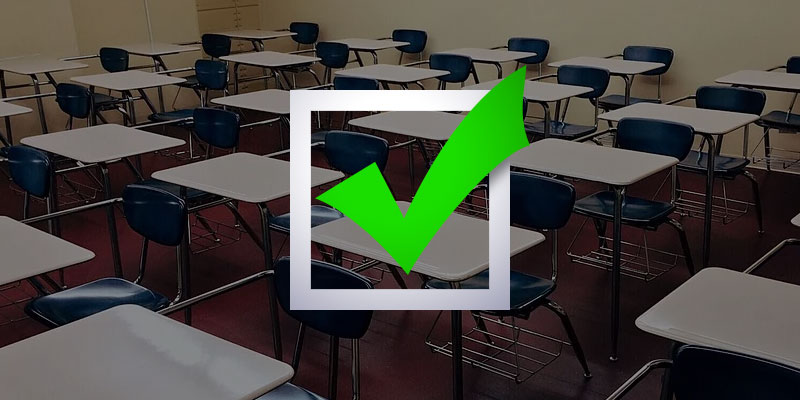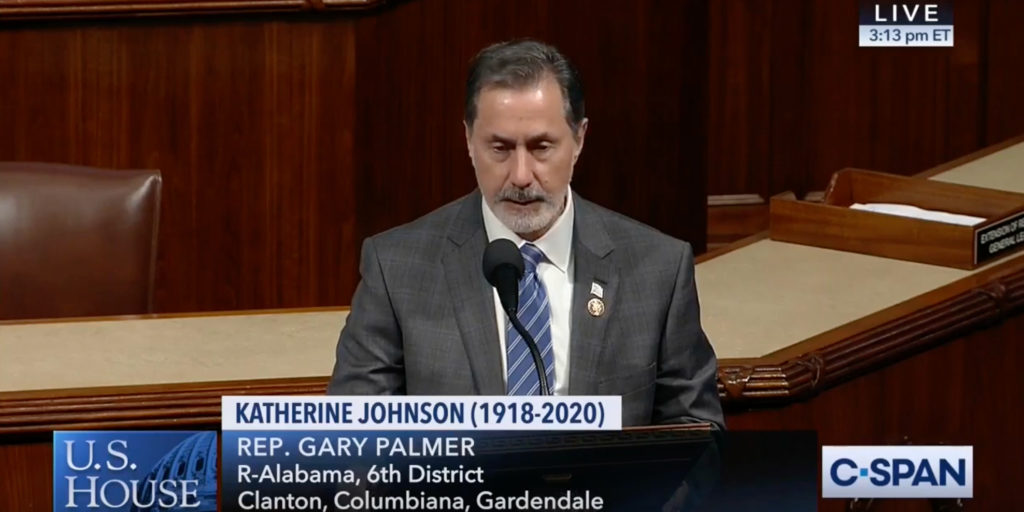When Alabamians take the to the polls on Super Tuesday, they will either be concerned with the Democratic nominee for President of the United States or the Republican nominee for the United States Senate. More important to the future of Alabama is a constitutional amendment that would end our current model of a popularly elected state school board in favor of one appointed by the governor and confirmed by the state senate.
Supporters of Amendment 1 argue that this would be a major step in improving Alabama’s permanent residence at the bottom of the education barrel. As it is currently designed and managed, the state board of education is doing very little to improve the quality of education in the state. Board members are trying, but clearly nothing is working very well. Supporters of the amendment argue a shake up is the best hope for improving education in Alabama. In some respects the argument does not go far enough. That is because the current process creates negative incentives for board members; because they hold their office at the behest of voters, there is every incentive for them to avoid upsetting their constituents.
That is the chief problem with the board as it is currently construed. Board members are not uncaring or ignorant or irresponsible. Instead, they respond to the whims and wishes of voters or other powerful political interests. No matter what politicians say, they are inevitably swayed by the whispers of voters and donors. Not because they are corrupt, but because they are human. All people are prone to this, which is why the framers of the Constitution created a system that checked and balanced one human tendency against another. It’s true that voters can provide a check on board members, but that argument does not account for an additional problem.
The second problem with the current system is that voters have limits to their knowledge about education in our state. Committed parents and citizens can often learn a lot about their own schools and school districts, but rarely does even the most passionate citizen have the time and mental energy to devote beyond that. Should Amendment 1 pass, the state Senate would have a direct responsibility to ensure that the governor appoints quality people to the board, but also to make certain that the Board is making progress in evaluating and improving the quality of education in our state.
Critics argue that an appointed board would lend itself to cronyism. That’s possible, but the executive and legislative branch often have competing interests, even when they share the same partisan and ideological commitments. Those competing concerns would help smooth over concerns about patronage and cronyism. Still, the amendment will not be an easy transition given the natural tendency of politicians towards vanity and self-promotion. The current system is of a worse nature, however, as it leaves the governor and senate almost powerless to impact education policy, which is instead run by another group of politicians with little incentive to do anything that might upset the voters who put them there.
But shouldn’t voters have a say in these matters? No, at least not directly. This is because education policy is a difficult matter, and it is hard for voters to adjudicate the success or failures of these policies beyond the very narrow window of their own experience. It’s fine that we elect local school boards; they are indeed local, and voters often see those board members at church or line at Piggly Wiggly. Only the most politically involved voters are likely to have any encounter with their board members, who are busy juggling very difficult conflicts within their own districts. Each district contains such a variety of constituents that it is almost impossible for board members to adequately address those concerns, instead pandering to the one or two constituencies most likely to keep the member in office.
There is a final reason to support Amendment 1. A central feature of modern politics is the tendency of politicians to see themselves as mouthpieces instead of statesmen. Some of that is natural but other parts of it are due to the incentive structure within our own government. This is as true in Montgomery as it is in Washington D.C., and Alabamians should care far more about the goings-on in our state capital than in our nation’s capital. Since our legislature is stripped of any real influence in state education policy and therefore little accountability to voters, it leaves them free to demagogue and pander on the issue without really having to stand before the voters and take account for their time in office. The same is true for the governor. By making the governor and the state senate responsible for staffing the state school board as part of an ongoing process of appointment and confirmation, these branches of our government would finally have real skin in the game. The success of our schools would be their success, and the failure of our schools would be theirs, also.
Matthew Stokes, a widely published opinion writer and instructor in the core texts program at Samford University, is a Resident Fellow of the Alabama Policy Institute, a non-partisan, non-profit educational organization based in Birmingham; learn more at alabamapolicy.org.













